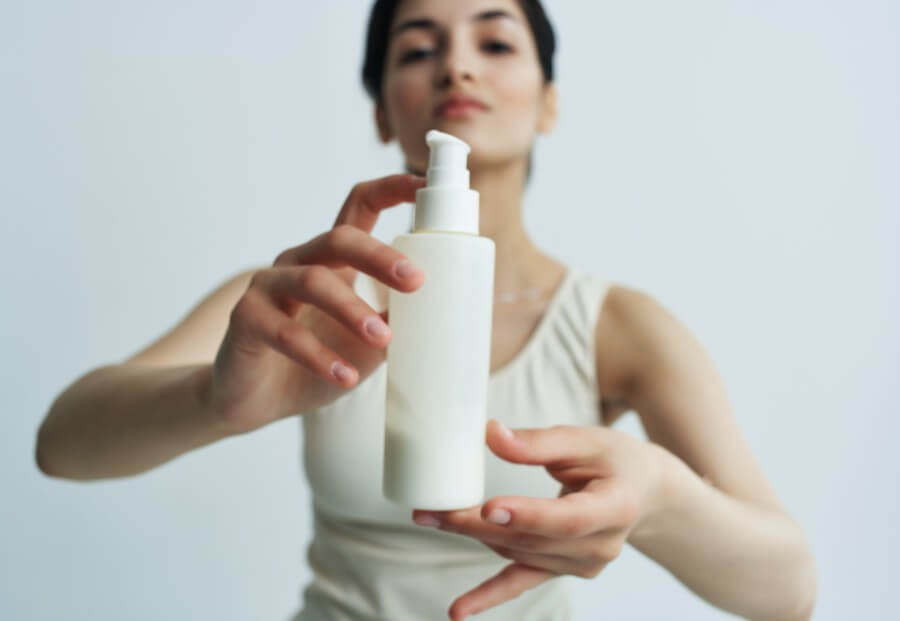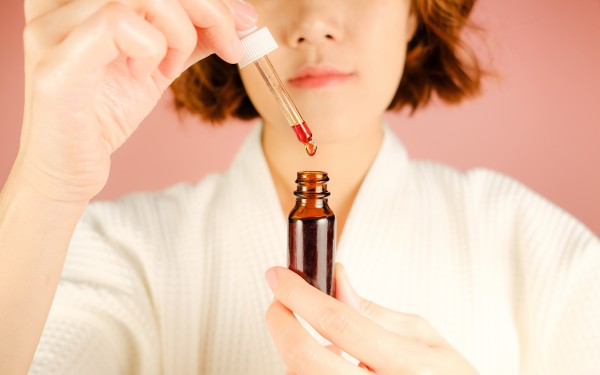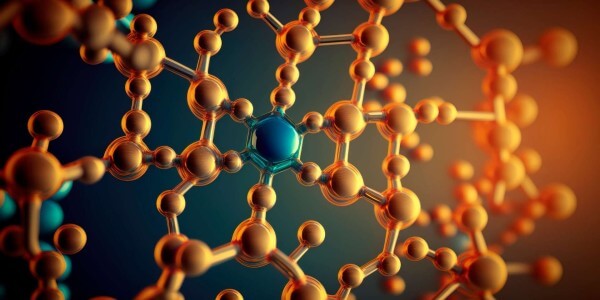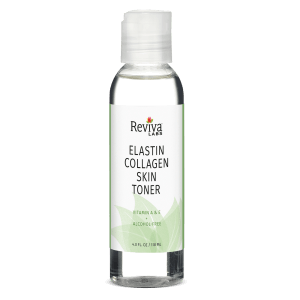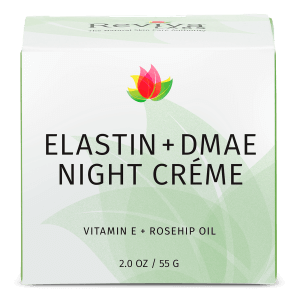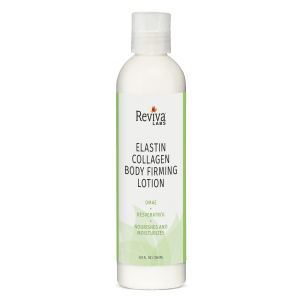Ingredients, Skin Care
How Elastin and Collagen Help Your Skin Tone
Healthy, youthful skin is a goal for many people. Two key proteins that play a vital role in maintaining skin’s appearance and tone are elastin and collagen. Understanding their functions and how they support your skin can provide insight into maintaining a radiant complexion.
The Role of Collagen in Skin Health
Collagen is a protein that makes up about 75% of your skin’s dry weight. It’s responsible for providing structure, strength, and elasticity to your skin. As you age, your body produces less collagen, leading to wrinkles and sagging. A statistic from the Journal of Clinical and Aesthetic Dermatology highlights that by the age of 40, your body’s collagen production can decrease by about 1% per year. This reduction can significantly affect your skin’s firmness and texture.
Collagen’s primary role is to provide a scaffold for the skin, ensuring that it remains firm and supple. When collagen levels are high, the skin appears smooth and firm. However, as collagen diminishes, the skin loses its support structure, leading to common signs of aging like wrinkles and fine lines. Maintaining collagen levels is crucial for preserving a youthful appearance.
Elastin: The Unsung Hero of Skin Elasticity
While collagen is well-known, elastin is equally important for skin health. Elastin is a protein that helps your skin return to its original shape after being stretched or contracted. Think of it as the skin’s elastic band, providing flexibility and resilience. This protein ensures that your skin can stretch and bounce back, maintaining its tight and smooth appearance.
As with collagen, elastin production decreases with age. This reduction contributes to sagging and less resilient skin. Elastin’s ability to stretch and recoil is essential for skin that looks youthful and feels firm. Without sufficient elastin, the skin becomes less elastic and more prone to sagging and wrinkles.
Boosting Collagen and Elastin Production Naturally
Supporting your body’s natural production of collagen and elastin can help maintain a youthful skin tone. One effective way to boost these proteins is through a balanced diet rich in vitamins and minerals. Vitamin C, for instance, is crucial for collagen synthesis. Foods like oranges, strawberries, and bell peppers are excellent sources of this vitamin. Additionally, consuming foods high in amino acids, such as lean meats and beans, provides the building blocks necessary for collagen and elastin production.
Topical treatments can also play a role in boosting collagen and elastin. Products containing retinoids, for example, have been shown to stimulate collagen production. Hyaluronic acid is another ingredient that helps maintain skin hydration, indirectly supporting collagen and elastin by keeping the skin plump and moisturized. Regular use of sunscreen is essential, as UV rays can break down collagen and elastin, accelerating skin aging.
The Impact of Lifestyle on Skin Tone
Your lifestyle choices significantly impact your skin’s health and appearance. Smoking, for example, can reduce blood flow to the skin, depriving it of oxygen and essential nutrients needed for collagen and elastin production. Quitting smoking can help improve your skin’s health and prevent further damage.
Adequate hydration is another crucial factor. Drinking enough water helps maintain skin elasticity and supports overall skin health. Dehydrated skin can appear dull and more prone to wrinkles, as it lacks the moisture needed to maintain its suppleness. Aim to drink at least eight glasses of water a day to keep your skin hydrated.
Stress management is also essential for maintaining healthy skin. Chronic stress can lead to increased levels of cortisol, a hormone that breaks down collagen and elastin. Incorporating stress-reducing activities like yoga, meditation, or even a daily walk can help lower cortisol levels and support skin health.
Scientific Advancements in Skin Care
Recent advancements in skin care science have led to innovative treatments designed to boost collagen and elastin levels. Microneedling, for instance, is a procedure that involves creating tiny punctures in the skin to stimulate the body’s natural healing process. This process promotes the production of collagen and elastin, leading to firmer and more youthful-looking skin.
Laser treatments are another option for enhancing collagen and elastin. These treatments use focused light energy to penetrate the skin, stimulating the production of these proteins. While these procedures can be effective, it’s essential to consult with a qualified dermatologist to determine the best approach for your skin type and concerns.
Maintaining Results with a Consistent Skin Care Routine
Consistency is key when it comes to maintaining healthy collagen and elastin levels. Establishing a regular skin care routine that includes gentle cleansing, moisturizing, and protection from the sun can go a long way in preserving your skin’s health. Avoid harsh products that can strip the skin of its natural oils and disrupt its barrier function.
Incorporating products with ingredients known to support collagen and elastin, such as peptides and antioxidants, can enhance your routine. Peptides are short chains of amino acids that signal the skin to produce more collagen, while antioxidants help protect the skin from environmental damage that can degrade these proteins.
Dietary Supplements: An Additional Support
While a balanced diet is the best way to get the nutrients needed for collagen and elastin production, dietary supplements can provide additional support. Collagen supplements, available in various forms like powders and capsules, can help boost collagen levels from the inside out. Look for supplements that also contain vitamins and minerals like vitamin C and zinc, which are essential for collagen synthesis.
Marine collagen is a popular choice, as it is easily absorbed by the body and has been shown to support skin health. However, it’s important to choose high-quality supplements from reputable sources to ensure safety and effectiveness.
The Importance of Professional Guidance
Consulting with a dermatologist or skin care professional can provide personalized advice and treatments tailored to your specific needs. They can recommend the best products and procedures to help boost your collagen and elastin levels based on your skin type and concerns. Regular check-ups can also help monitor your skin’s health and adjust your routine as needed.
In conclusion, maintaining healthy levels of collagen and elastin is essential for preserving a youthful skin tone. By understanding their roles and implementing lifestyle and skin care practices that support their production, you can keep your skin looking firm and radiant. A combination of a healthy diet, proper skin care, and professional guidance can help you achieve and maintain beautiful skin for years to come.



